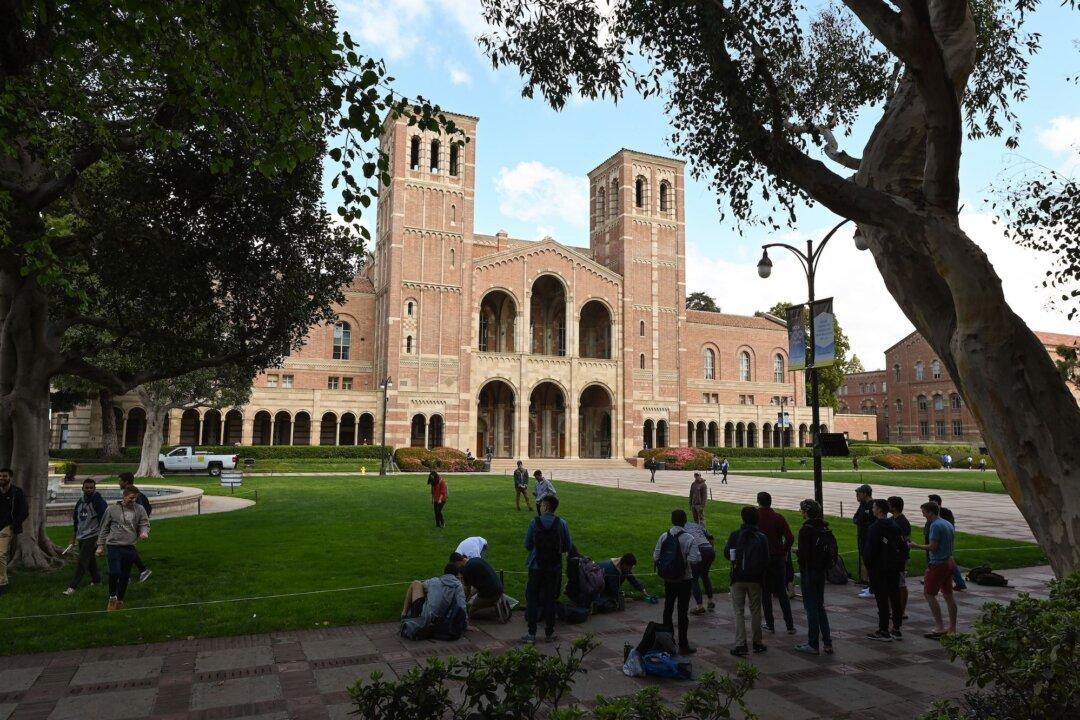The California State University (CSU) Board of Trustees voted on July 22 to require all students to take an ethnic studies or social justice class in order to get their undergraduate degrees.
The proposal passed by a 13 to 5 vote with one abstention, despite concerns by some board members that giving students the option to choose a social justice class over an ethnic studies class overshadows the original intent of the requirement—outlining the history of four ethnic groups who have faced hundreds of years of systemic oppression.





